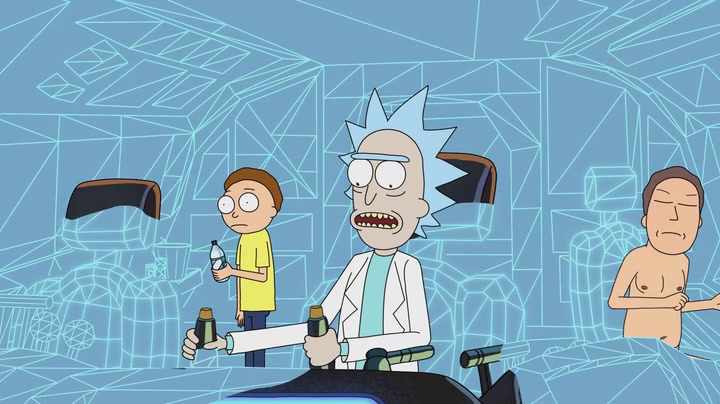


The topics discussed include: the Doomsday argument, scepticism, the different modes of virtual life, transcendental idealism, the Problem of Evil, and simulation ethics. The implications of this result are the focus of the second part of the paper. ) The first part of this paper is devoted to broadening the scope of the argument: even if computers cannot sustain consciousness (as many dualists and materialists believe), there may still be a strong likelihood that we are living simulated lives. It would be a mistake to dismiss this is just one more radical sceptical possibility: for as Bostrom has recently noted, if advances in computer technology were to continue at close to present rates, there would be a strong probability that we are each living in a computer simulation. If the complex organisation of different types of non-conscious cells can produce a conscious being, it is possible that a similarly complex network of silicon-based computers may produce consciousness (there is no reason to believe that consciousness must be restricted to carbon substrates).Those who believe suitably programmed computers could enjoy conscious experience of the sort we enjoy must accept the possibility that their own experience is being generated as part of a computerized simulation.

SIMULATION ARGUMENT HOW TO
Somehow, without determining the parameters for how to measure consciousness, we have arbitrarily classified entities as conscious (eg: spider) and non-conscious (eg: an autopoietic cell). The most compelling support for this possibility would be if humans are able to instantiate consciousness in a machine, thereby demonstrating that deliberate consciousness-production is nomologically possible, and that similarly, we may be a simulated product of a more advanced species.Ĭonsciousness can come in degrees (eg: a snail vs. (2) A more advanced species in a parent-universe could have generated consciousness in our simulated child-universe. The theory below describes another s-style simulation: the idea that our entire universe is a complex simulation run by some parent universe.
SIMULATION ARGUMENT SOFTWARE
By contrast, s-style simulations are run on computer software alone - an example includes Bostrom’s theory that most humans alive today are actually sophisticated ‘ancestor-simulations’ run at some point in the future by our descendants. Examples include the brain-in-vat example, Matrix-like situations, and the theory above. Conscious beings in h-style simulations are the result of tampering with neural hardware.

Simulations can be classified into two types: h-style and s-style. In essence, resigning attentional control leaves an individual’s subjective experience to be controlled by the simulation - or the mind - while learning how to control it allows an individual to experience the authentic base-reality. Our subjective experience is a product of simulations produced by neurobiological chemicals - we can escape our simulated reality to enter a base reality, and experience raw/authentic consciousness, by practicing bottom-up perception exercises (eg: breathing, meditation, controlling the direction of attention & subsequent flow of thought) to widen our sensory abilities and retain control over our perceptual experience. According to Buddhist and Vedantic philosophies, a mind - consisting of tendencies, desires, and sensations - is a simulated reality. While ancient scriptures may not serve as compelling support for/against an account of the nature of reality, they provide useful intuitions for understanding the essence of the world through time and space. Below is a developing account of the different types of possible simulated realities, and an explanation for why I am inclined to believe in such simulation-type arguments: (1) The ‘mind is a simulation’ possibilityĭifferent religious scriptures converge on the idea that the mind is a simulated reality. I am neither completely satisfied with the Bostromian account of a simulated reality, based on ambitious induction and assumptions, nor can I reject the idea of a simulated reality entirely. Over the last five years, technologists have begun to dogmatically accept the idea that we live in a simulation - the theory was popularized by Nick Bostrom, and discourse turned mainstream when Elon Musk declared that the odds that we are living in a base-reality is one in billions.


 0 kommentar(er)
0 kommentar(er)
